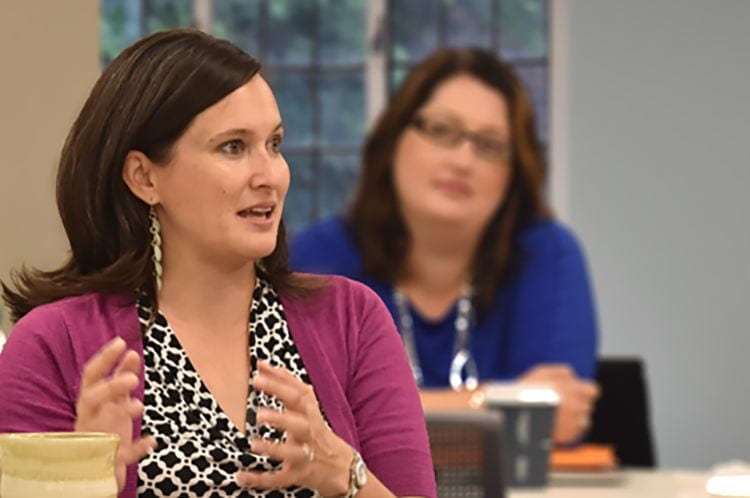Is climate change a social justice issue? What are its economic and political dimensions? And what can social workers do?
The edited excerpt above—from a recent interview on the Buffalo School of Social Work’s podcast series inSocialWork—offers some answers. In it, Center for Social Development faculty director for Environmental and Social Development Lisa Reyes Mason says that climate change is “often closely connected to social, economic and political contexts—and also inequalities—which is why it is such an important issue for social work.”
Mason cites access to clean water as a climate-related equity issue. “In Flint, Michigan, and many other places around the world, water is an example of something that is very much a social justice issue. We in social work know who is going to be able to cope best … it’s about resources.”
The same logic applies to being able to afford air conditioning during heat waves: “For each of us, it’s going to be a different story of how hard is it to turn up the air conditioning and pay for that bill. For whom is it going to be a choice … to stay cool and safe in the summer—or to keep their housing, and not become homeless?”
These examples illustrate how closely intertwined climate change is with other social justice issues, including homelessness, financial capability, and poverty—all issues outlined in the Grand Challenges for Social Work.
Mason discusses how social work researchers can enrich climate change debates by purposefully seeking out community representation. Ensuring community voices are heard can result in a fuller understanding of people’s lived experience with climate change, rather than research that focuses on problems and technocratic solutions.
To this end, Mason calls on social work researchers to ask themselves “Am I just describing the problem again? How can I go further than that? How do I ensure that my work doesn’t just sit in a journal? That it is in the hands of practitioners? That it … influences public discourse or policymakers?”
Mason closes the interview on a hopeful note, describing social work as “a profession of hope and change,” and says “social workers get things done … especially if researchers focus on research that is community connected, community engaged, connected to the practice world, and is purposefully testing interventions and translating those interventions into practice and policy.”
Listen to the full podcast here. More information about the themes and solutions discussed in this interview can be found in Lisa Reyes Mason and Jonathan Rigg’s book People and Climate Change: Vulnerability, Adaptation, and Social Justice.
